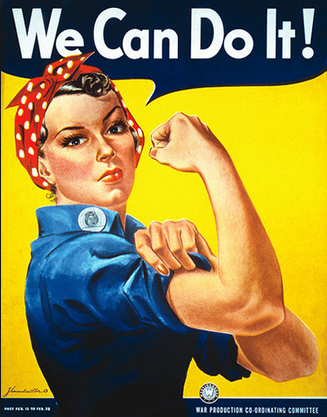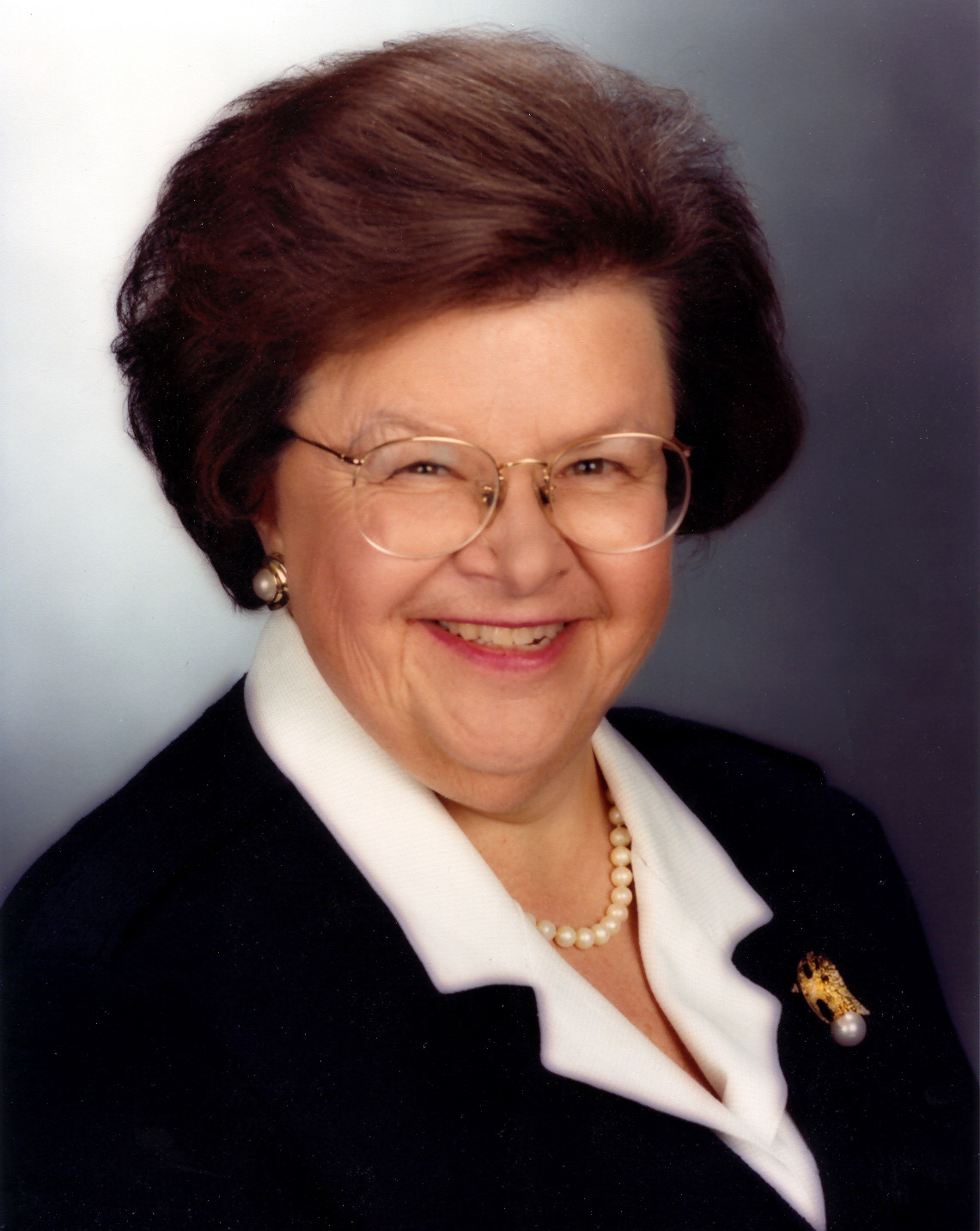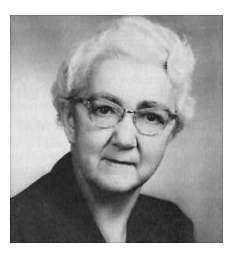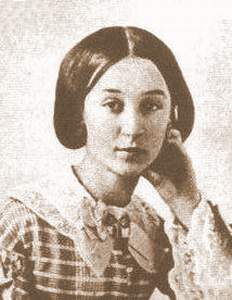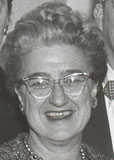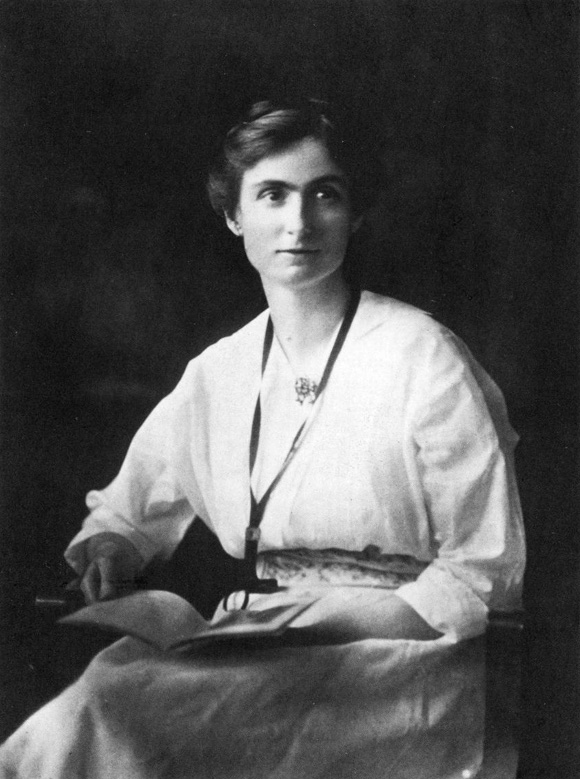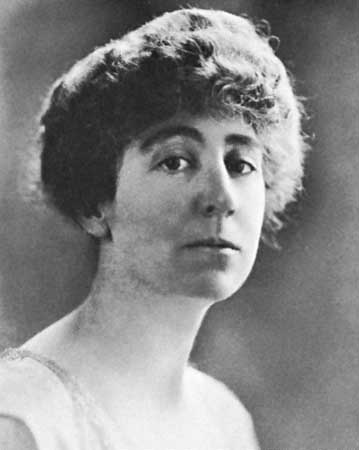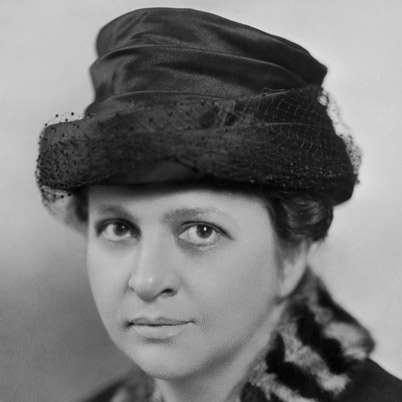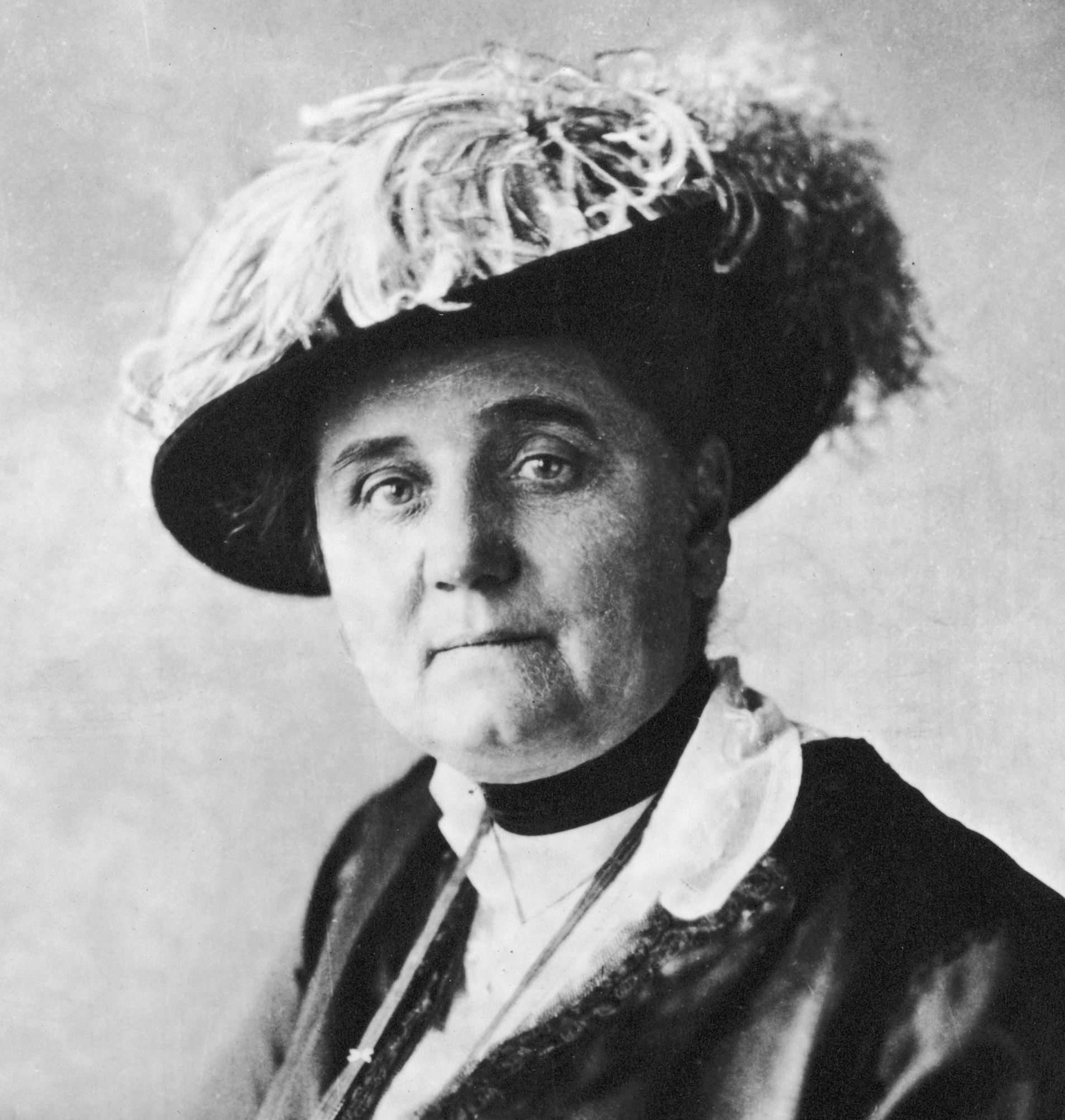Social work is a profession that has seen many female pioneers make lasting changes over the years. The careers of these pioneers highlight the values of social work and can offer inspiration to others. The following list highlights eight of the most influential social workers in history. Their stories span two centuries, and all of them had a direct impact on evolution of the field of social work.
8. Barbara Mikulski (Born 1936)
Senator Mikulski was the first Democratic woman to serve in both the House and U.S. Senate, the first woman to win a statewide election in Maryland, and the longest serving woman in the history of Congress. She began as a social worker after graduating from the University of Maryland with an M.S.W. She worked with at-risk children in Baltimore and famously prevented construction of a 16-lane highway that may have prevented development of the Baltimore harbor area and would have cut through the first black home ownership neighborhood. Mikulski is unofficially known as the “Dean of the Senate Women” and is arguably one of the most influential women in the country.
7. Grace Coyle (1892-1962)
Coyle is most famous for developing and popularizing group work as a social work practice. Some of her most influential writings include “Social Process in Organized Groups” (1930), “Group Experiences and Democratic Values” (1947) and “Social Science in the Professional Education of Social Workers” (1958), among many others.
6. Mary Ellen Richmond (1861-1928)
Richmond was one of the first social workers to push for the professionalization and standardization of social work. She is credited with creating the first statement of principles for direct social work practice and is most famous for her speech at the 1897 National Conference of Charities and Correction, where she implored schools to train social workers, calling for standardization in the social work field. Her book “Social Diagnosis” was one of the first social work books to incorporate scientific principles from law, medicine, psychology, psychiatry and history.
5. Harriett Rinaldo (1906-1981)
Another pioneer of standardizing the social work profession, Rinaldo created rating and recruitment procedures and higher personnel standards for the Veteran’s Administration Social Work Service. These standards were then adopted by the federal government. An avid traveler, Rinaldo visited every U.S. state and traveled to more than 50 countries.
4. Edith Abbott (1876-1957)
A Nebraska native with a master’s degree in social work and a doctorate degree in economics, who studied at both the University of Chicago and the London School of Economics, Abbott spent much of her academic career as Dean of the School of Social Service Administration at the University of Chicago. During her tenure, she helped to write the Social Security Act of 1935 and founded the Social Service Review – a University of Chicago journal dedicated to publishing original research on pressing social issues and social welfare policies. She also served as a consultant to Harry Hopkins – one of President Franklin D. Roosevelt’s advisers and later became president of the American Association of Schools of Social Work and the National Conference of Social Work.
3. Jeannette Rankin (1880-1973)
A graduate of what is now the Columbia School of Social Work, Rankin was the first woman elected to the U.S. Congress. In addition, she was an advocate of women’s suffrage and a lifelong pacifist. Her first act as a congressperson was to introduce a suffrage amendment on the House floor; the amendment was passed about a year later. She was also the only member of Congress to vote against entering World Wars I and II.
2. Frances Perkins (1880 – 1965)
Perkins was the first woman to be a Presidential Cabinet member, serving as Secretary of Labor under FDR. A lifetime champion of labor reform, Perkins helped pass a minimum wage law, and was one of the drafters of the National Labor Relations Act, the Fair Labor Standards Act, and the Social Security Act. The Department of Labor’s Headquarters in Washington, D.C., is now named after Perkins.
1. Jane Addams (1860-1935)
Perhaps the most famous and decorated female social worker, Addams founded one of the world’s first settlement houses – the renowned Hull House in Chicago – and received the 1931 Nobel Peace Prize. Living among those she intended to help in the Hull House, Addams became intimately familiar with the problems of Chicago’s poor and built the House’s services accordingly, adding a library, a gymnasium, and providing classes for adults and children, among many other services. Her work at the ground level earned her subsequent posts on the Chicago Board of Education and the School Management Committee. She founded the Chicago School of Civics and Philanthropy and became the first female president of the National Conference of Charities and Corrections. She later became the president of the Women’s Peace Party and the Women’s International Peace Congress at The Hague.
All of these women identified their passions through their experience as social workers, moving on to historic accomplishments in academia, policy, professionalization and peace. Many began their illustrious careers by earning a masters in social work. For more information on how to kickstart your career in the same way, please visit MSW@USC.

